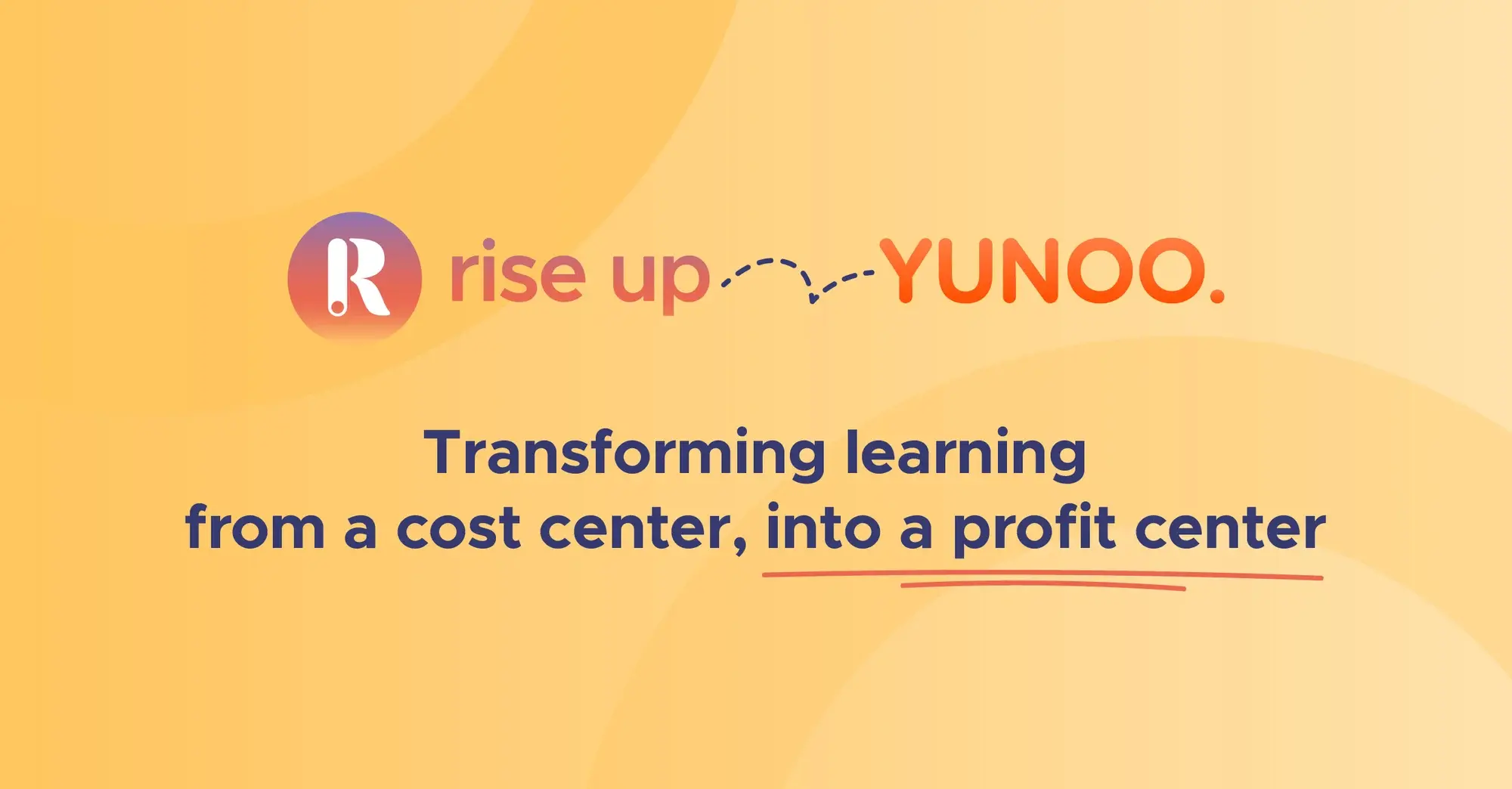How to engage millennials in the learning process
6 minutes of reading | 2022-05-14
Do you find millennials a difficult generation to train? We’ll provide you with some key pointers for how to engage them, including working in groups, freedom of expression, visual communication and learning by experience.

Who are millennials?
Millennials are the generation born between 1980 and 2000. Given that they are a generation of mature, informed consumers, creating engaging content for them can be a challenge. As with every demographic, they have some specific needs when it comes to how they learn best.
How do millennials like to learn?
Group work
When it comes to their ideal learning environment, millennials like to work in groups. They are motivated by working with their peers and respect each other’s opinions. They want to be inspired to progress in their training course.
Freedom of expression
Millennials are a generation in constant pursuit of freedom, including freedom to express themselves. This doesn’t mean that they don’t need rules or that they don’t follow them. They want to be heard and want their ideas to be taken into consideration.
Applying skills in practice
Millennials need to see what they are going to get out of a training course. In other words, they need to be able to put the skills they have acquired into practice. There needs to be ample opportunity for them to do so throughout the learning process in order to keep them engaged.
Visual communication
Millennials are a generation growing up in a world permeated by advertising. They are used to being exposed to visual messages day in, day out, even if they aren’t aware of it. Attractive visual learning aids are therefore essential to hold their attention.
Learning by experience
Learning by experience is an educational process. Millennials are proactive and enjoy finding things out for themselves. They will go off and explore a topic to deepen their understanding and will try to get hold of information that isn’t common knowledge. They want to know the topic they are studying inside out.
Millennials have specific needs, which can be met through specific learning formats.
Which learning formats are best suited to millennials?
Mobile learning
According to a 2017 study conducted by the Institute of Practitioners in Advertising, millennials use their mobile devices constantly throughout the day. In fact, smartphones have become so pivotal to millennials in the UK that 65% of them look at their phone within five minutes of waking up, and 60% of them look at their phone five minutes before going to sleep.
What’s more, according to a survey of 3,101 consumers in England, France and Germany, conducted by Censuswide, 50% of millennials use their mobile phone for internet research.
These key figures reveal that mobile learning is an ideal format for millennials. With this in mind, why not have a mobile app to complement your training platform? You can make it accessible offline, enabling trainees to access training whenever they like.
Short formats
Millennials are fans of short-format content that they can consult and come back to wherever they are and at whatever time of day. Microlearning – training or learning in short sequences of 30 seconds to 3 minutes – is perfectly adapted to how they consume information.
A few ideas that you can put in place straight away
As we mentioned earlier, millennials learn best when they can apply the skills they have acquired in practice. This means that they prefer easily digestible ideas and quick wins. They are constantly looking to draw parallels between the training they have received and its applications in their day to day lives.
Personalised, social and inclusive learning
For the same reason that they enjoy learning in groups, millennials want to benefit from personalised and collaborative training. They want to learn from one another and have some input into how lessons are structured by sharing and contributing their ideas.
Gamification
Applying elements of game playing is a key component of the learning process. These can strengthen learner engagement and improve motivation. This has a tangible impact on millennials.
Integrating millennials into the world of work
These methods for getting millennials more engaged in the learning process can also be applied to a professional context. They can be useful for making new recruits feel welcome and easing them into a company.
You can also link up your HRIS to your e-learning platform to integrate new hires into your tool automatically and assign them to relevant training courses, whether they cover an introduction to the company itself, a regulation or their team. Using short formats, you can show them how they fit into the company and get the most out of them.






